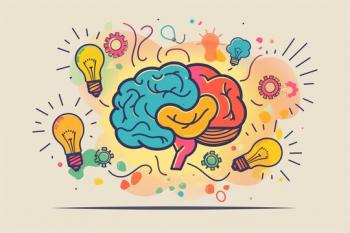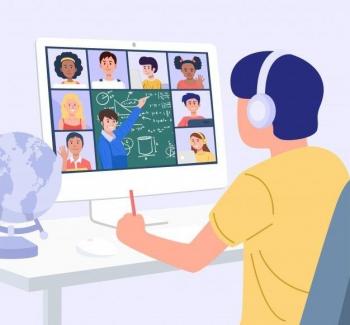Where Does a Freed Mind Go? The Power of Unrestricted Thinking

Where Does a Freed Mind Go? Exploring the Journey of Unrestricted Thinking
What happens when the mind is truly free? Where does it wander, and what possibilities does it uncover? In a world filled with structured education, societal norms, and digital distractions, the concept of a freed mind is both revolutionary and essential. This article delves into the pathways of liberated thinking, its impact on creativity, and how it shapes our understanding of the world.
The Essence of a Freed Mind
A freed mind is one that operates beyond conventional boundaries. It questions norms, explores uncharted territories, and embraces uncertainty. Unlike a conditioned mind, which follows predefined patterns, a freed mind thrives on curiosity and adaptability. But how does one achieve this state?
Historically, great thinkers like Albert Einstein and Leonardo da Vinci exemplified freed minds. Their breakthroughs came from questioning established truths and imagining alternatives. For instance, Einstein's theory of relativity emerged from his ability to think beyond Newtonian physics.
In modern education, fostering a freed mind involves encouraging inquiry-based learning rather than rote memorization. Schools like Montessori and Sudbury Valley prioritize student autonomy, allowing young minds to explore their interests freely.

The Role of Creativity in Mental Liberation
Creativity is the natural habitat of a freed mind. When unshackled from rigid structures, the mind generates innovative ideas and solutions. But why is creativity so pivotal?
Studies show that creative thinking enhances problem-solving skills and emotional resilience. For example, companies like Google and Apple encourage employees to spend time on passion projects, leading to groundbreaking innovations like Gmail and the iPhone.
Practical applications of creativity extend to everyday life. Whether it's brainstorming a new business idea or finding a novel way to organize a cluttered space, a freed mind turns challenges into opportunities.

Breaking Free from Mental Constraints
Societal expectations, fear of failure, and information overload often constrain the mind. How can one overcome these barriers?
Mindfulness practices, such as meditation, help clear mental clutter. By focusing on the present, individuals can detach from limiting beliefs. Another strategy is cognitive reframing, which involves reinterpreting negative thoughts into positive ones.
A real-world example is the story of J.K. Rowling, who transformed her struggles into the magical world of Harry Potter. Her ability to reframe adversity fueled her creativity.

The Digital Age and Mental Freedom
In an era dominated by screens and algorithms, maintaining a freed mind is challenging. How does technology influence our thinking?
While technology provides access to information, it can also fragment attention. Social media, for instance, encourages shallow engagement rather than deep thought. However, tools like digital detoxes and focused work apps (e.g., Forest) can help reclaim mental space.
Educational platforms like Khan Academy and Coursera democratize learning, enabling minds to explore diverse subjects freely. The key is to use technology intentionally rather than passively.

Nurturing a Freed Mind in Children
Children are naturally curious, but traditional education often stifles this trait. How can we cultivate freed minds from an early age?
Encouraging play-based learning and open-ended questions fosters creativity. For example, instead of asking, "What color is the sky?" parents might say, "Why do you think the sky changes color?"
Schools like Finland's education system emphasize less homework and more experiential learning, resulting in highly innovative students.

The Future of Freed Minds
As automation rises, uniquely human traits like creativity and critical thinking will become invaluable. What does the future hold for freed minds?
Workplaces will increasingly value employees who can think outside the box. Similarly, education systems must evolve to prioritize creativity over standardization.
Ultimately, a freed mind is not just about personal fulfillment—it's about shaping a better, more innovative world.







